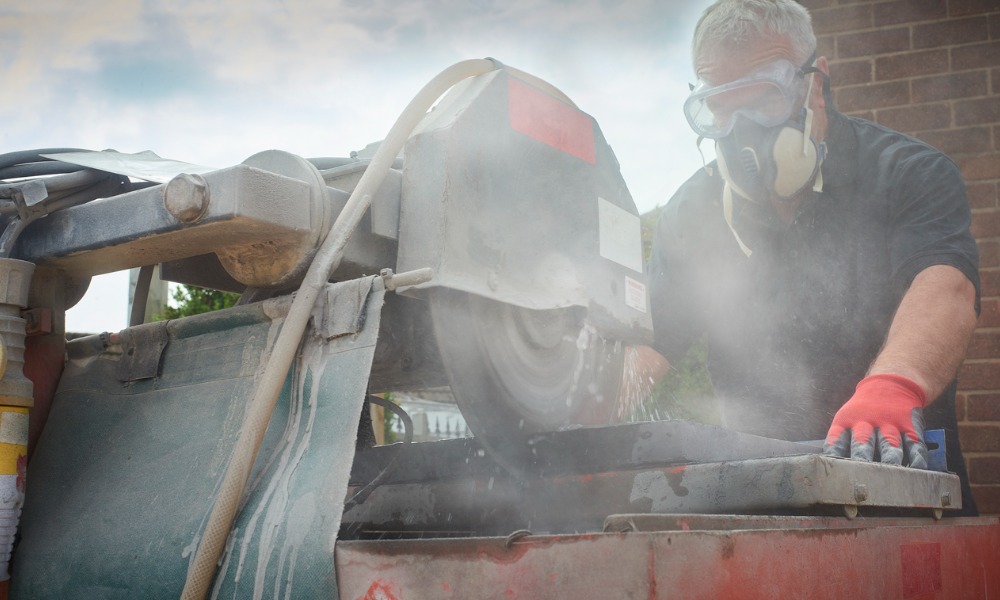
New amendment also addresses dust diseases in workplace

New South Wales has hiked the maximum fine and doubled the prison time for employers who will commit the worst offences in the state's Work Health and Safety Act 2011.
Under the recently enacted Work Health and Safety Amendment Bill 2023, employers who commit Category 1 offences under the law will be fined $2,168,029, up from the previous $798,383.
They may also receive maximum imprisonment of up to 10 years, doubling the five that was originally stipulated in the law.
Category 1 offences are the "worst offences" under the WHS Laws, according to SafeWork NSW.
The amendment now adds that an individual commits this violation if this person without a reasonable excuse engages in conduct that:
The amendment also increases every court penalty imposed in NSW relating to unsafe workplaces, according to SafeWork.
It also prohibits employers from using their insurance to pay for WHS fines as a "cost of doing business."
"These new laws demonstrate just how seriously this government takes keeping workers safe in NSW," said Work Health and Safety and Industrial Relations Minister Sophie Cotsis in a statement.
Meanwhile, the amendment also grants SafeWork NSW the authority to issue prohibited asbestos notices to employers if they believe that prohibited asbestos is present in their workplace.
The notice mandates the employer to remove and manage asbestos in their workplace, according to SafeWork.
The state's workplace safety regulator may also establish and keep a silica worker register to track the health and safety of employees who are exposed to the material, so they can carry out better healthcare research and enable potential early intervention.
SafeWork NSW said the register is part of the government's response to address silicosis among employees.
"I'm sick and tired of seeing lives unnecessarily lost and people being injured at work," Cotsis said. "Everyone deserves a safe place to work, everyone deserves to come home safely to their family and loved ones."
Last year, the National Dust Disease Taskforce found that almost a quarter of engineered stone workers who have been in the industry before 2018 suffer from silicosis or other silica dust-related diseases.
In 2022, NSW also enforced a new industry safety standard to reduce the number of workers who are getting sick with silicosis because of their jobs.